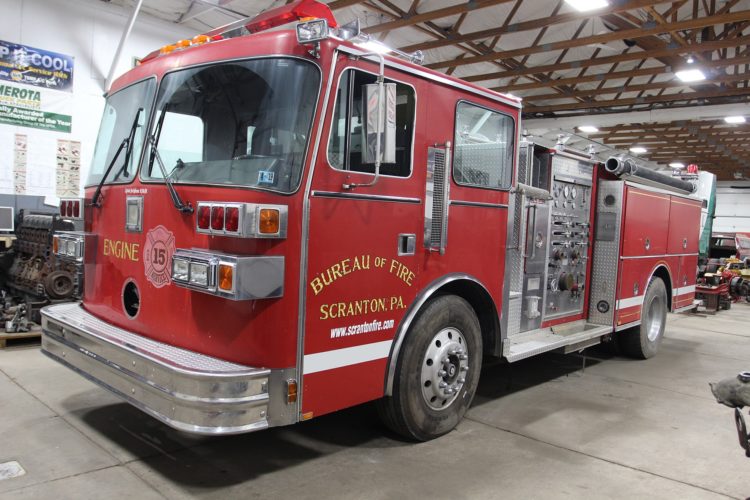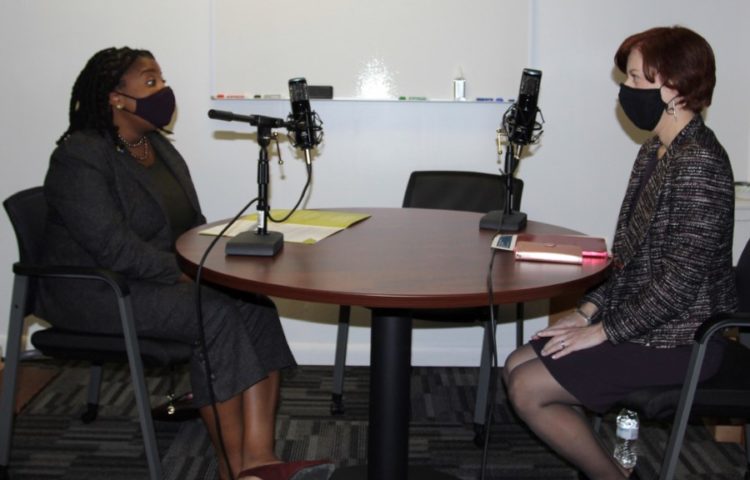Johnson College is proud share accomplishments achieved in the past academic year by its Health and Animal Science programs.
The Physical Therapist Assistant program was granted accreditation affirmation for ten years from the Commission on Accreditation in Physical Therapy Education (CAPTE).
The Veterinary Technology program’s 2020 graduates received a 100% pass rate on the Veterinary Technology National Exam (VTNE). This score places the program’s three-year pass rate at 94%.
The Radiologic Technology program’s 2020 graduates received a pass rate of 95% on the American Registry of Radiologic Technologist Radiography Exam. Johnson College graduates surpassed the 2019 national pass rate average by 6%.
“This past year our faculty and students faced many challenges, but they persevered by sharpening their skills to advance to new levels,” said Barb Byrne M.Ed., RT (R)(MR), Johnson College Associate Vice President of Faculty. “As these pass rate scores demonstrate, our graduates’ are well prepared as they enter the workforce of many of our region’s essential industries.”
Johnson College provides real-world, hands-on learning in a caring environment and prepares graduates to enter into or advance in their careers. Johnson College degrees become essential careers. Johnson College was founded in 1912, and is the region’s premier technical college, offering associate degrees in 15 programs and 3 academic certificates. An emphasis on hands-on instruction is supported by a low student-to-teacher ratio. Located in Scranton on a 44-acre campus, the College is an accredited, private, non-profit, co-educational institution with a strong tradition of working with regional business and industry to ensure a skilled and qualified workforce. For additional information on Johnson College, please call 1-800-2-WE-WORK, email enroll@johnson.edu, or visit Johnson.edu.






